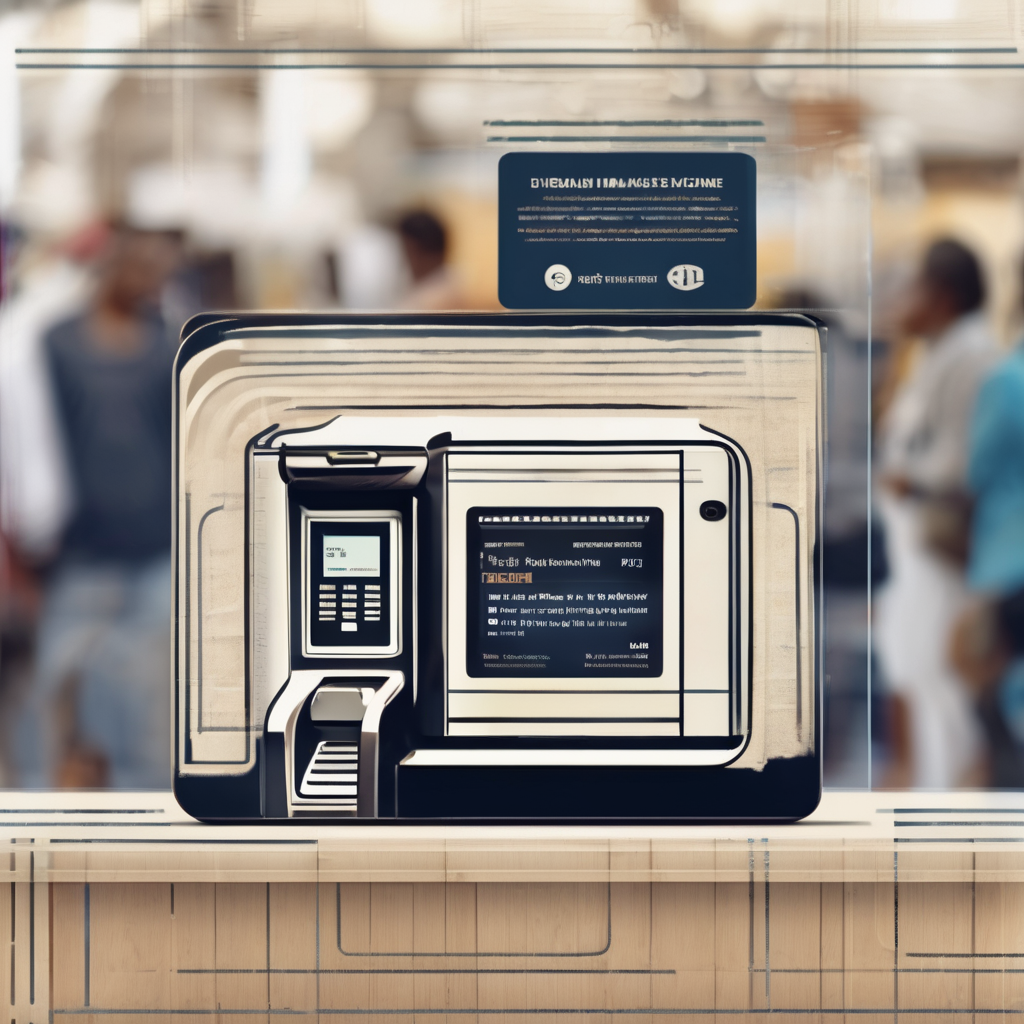The implementation of an upgraded e-ticketing system for public transport in Fiji is currently facing substantial hurdles, including long lines and a limited number of top-up locations. Prime Minister Sitiveni Rabuka addressed these issues in Parliament, highlighting challenges associated with this phased modernization effort aimed at enhancing the country’s bus payment framework.
Opposition MP Premilla Kumar pressed for details on the ongoing difficulties and the actions being taken to address them. She specifically pointed out the previous availability of disposable cards, which catered to tourists and provided emergency solutions, expressing concerns over their discontinuation. A recent survey by the Consumer Council revealed that nearly half of the passengers remain dissatisfied with the new e-ticketing system.
Rabuka acknowledged the significance of a reliable e-ticketing system and clarified that the new card readers do not accept disposable cards, necessitating the use of registered cards for passengers. He indicated that the government is actively working with Vodafone, bus operators, and the Land Transport Authority to resolve technical issues, enhance access to top-up services, and improve overall system reliability.
Upon taking office, Rabuka discovered that the earlier e-ticketing system had become outdated and was no longer supported by its original manufacturers. Following a detailed tender process, Vodafone was selected to oversee the implementation of the upgraded system, which began rolling out earlier this year.
In light of the challenges faced, a dedicated e-ticketing committee has been formed, including representatives from various stakeholders, to oversee and address issues as they arise. Since March, over 486,000 new cards have been issued, and more than 22.5 million trips have been recorded. Additionally, a newly launched mobile app enables users to check their balances and top up cards using NFC, M-Paisa, and MyCash services. Although Vodafone expanded top-up points, rural areas continue to face significant accessibility challenges.
Rabuka recognized that the transition has had its share of initial problems, such as lengthy wait times for card upgrades and network outages that disrupted top-up machines in May. He noted that a technical audit has been completed, and upgrades are ongoing to improve system interoperability and reliability.
Kumar also raised safety concerns for bus drivers amid increasing passenger frustrations due to payment complications. Rabuka emphasized the importance of collaboration between operators, commuters, and government agencies to ensure safety and smooth operation for all parties involved.
Despite the current challenges, there remains a hopeful outlook for this initiative. The government is committed to closely monitoring the rollout and making continuous improvements to minimize disruptions. Collaborative efforts between the government, Vodafone, and other involved parties are expected to foster a more reliable and user-friendly public transportation system in Fiji, ultimately benefiting all commuters in the long term.
